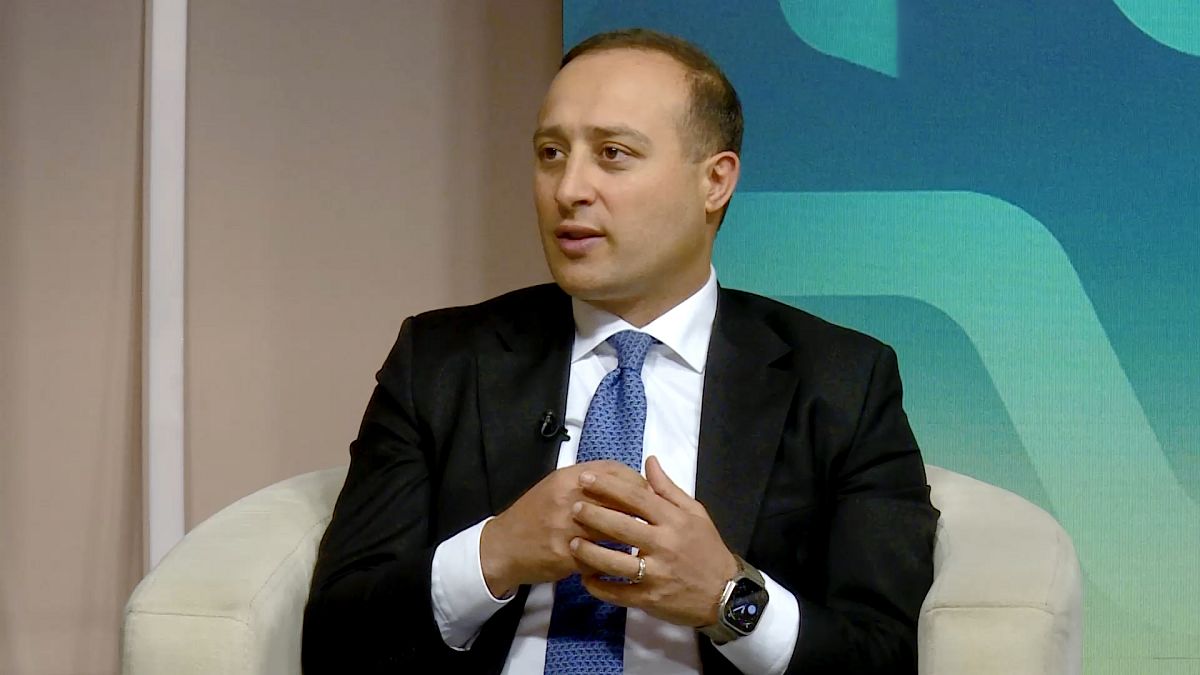

In an era marked by rapid technological advancements, artificial intelligence (AI) is finding its place across various sectors, reshaping traditional systems, and sparking innovation. From energy management and healthcare to entertainment and sports, AI is ushering in transformative changes that promise a sustainable, efficient, and exciting future.
In Azerbaijan, the incorporation of AI and smart grid technologies is redefining energy management, as highlighted by Fariz Jafarov of Azerbaijan’s C4IR. The nation is actively working towards a more sustainable energy future by leveraging digital innovation. By implementing AI-driven systems, Azerbaijan is optimizing energy distribution and consumption, marking a decisive shift toward eco-friendly energy systems that cater to emerging industrial needs while maintaining environmental consciousness. The seamless integration of technology promises not only operational efficiencies but also a significant reduction in emissions, aligning with global sustainability goals.
In the realm of healthcare, Microsoft’s AI tool is making waves by outperforming human doctors in diagnosing complex medical issues. The tech giant reports that in a recent study, the AI tool accurately diagnosed the majority of patient cases, showcasing the potential for AI to enhance diagnostic accuracy and efficiency in clinical settings. This development highlights the possibilities for AI to complement medical professionals, providing them with advanced tools that can lead to faster and more precise healthcare solutions, ultimately benefiting patient outcomes.
The exploration of AI’s potential extends further with Meta’s announcement of its new superintelligence unit. This unit is dedicated to advancing research in artificial general intelligence, an ambitious pursuit to develop AI systems capable of reasoning and problem-solving on par with human intelligence. This initiative underscores Meta’s commitment to pushing the boundaries of AI capabilities, fostering innovations that could redefine human-computer interaction and unlock new opportunities across disciplines.
Meanwhile, in the sports arena, Wimbledon has taken a bold step by integrating AI into tennis officiating. Traditionally characterized by its sharply dressed line judges, the prestigious tournament has adopted AI technology to call shots on the court. While some purists argue that this move strips the event of some of its theatrical elements, others see it as a step towards consistent and objective officiating. Despite the mixed reactions, the introduction of AI aims to enhance the accuracy of calls, thereby improving the overall quality and fairness of the matches.
In a captivating display of AI’s versatility, China recently hosted the first fully autonomous AI robot football match. The event featured humanoid robots engaging in three-a-side games, albeit with humorous struggles as they attempted to kick the ball and maintain balance. This milestone signifies a groundbreaking step for robotics and AI in sports, hinting at a future where AI could contribute to the development of robotic athletes. While there is still a considerable way to go before they match human prowess on the field, these early forays represent a thrilling intersection of AI and athletic competition.
The integration of AI across these diverse sectors highlights a collective movement towards innovative solutions that emphasize sustainability, efficiency, and performance enhancement. As AI continues to evolve, its applications will likely spread even further, fostering a future where intelligent systems harmoniously intersect with human endeavors, contributing to an enriched and interconnected world.
Source: {link}
